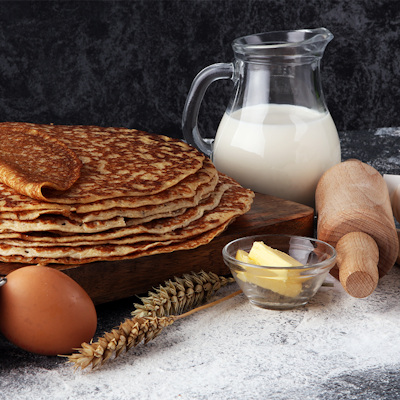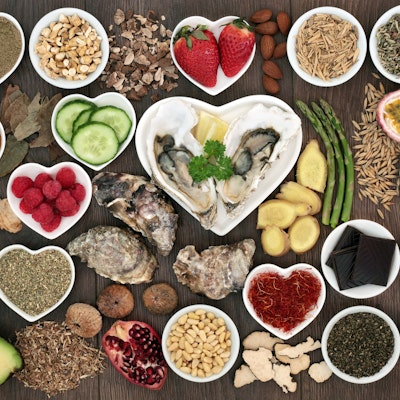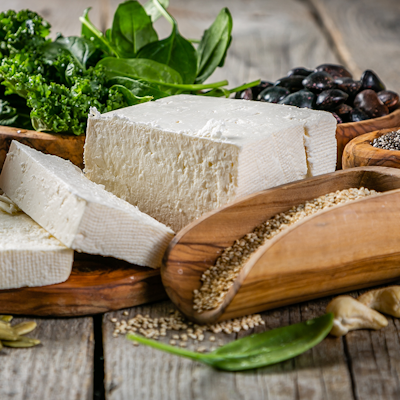The Best Foods For Your Teeth

This month at Erudus we’ve been focusing on sugar awareness…
... the theme of May’s edition of The Erudus Podcast, and a major national health issue.
One thing we know about sugar is that it’s tooth decay’s best friend. Why? Bacteria in the mouth feeds off and combines with sugar to destroy tooth enamel, and if left on the teeth can eat away even further to create cavities that are both painful and contribute to tooth loss.
A good oral hygiene routine - such as brushing teeth twice a day, flossing teeth once a day and drinking plenty of water to flush out harmful bacteria from the mouth - will help mitigate the damage if you do like to indulge in something sweet, but even better is swapping out some of your sugary snacks for foods that are actually good for your teeth.
So we rounded them up - the mouth-friendly foods perfect for a low-sugar snack, meal or menu....
What are the best foods for your teeth?
- Xylitol
- Dairy products (cheese, yoghurt, milk)
- Celery
- Carrots
- Nuts
- Strawberries
Read on to find out more...
Xylitol
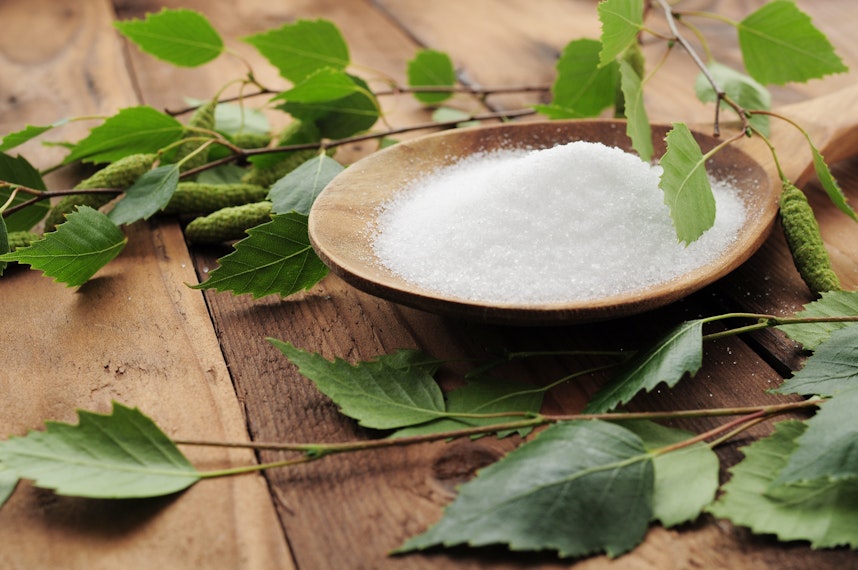
What is Xylitol?
Xylitol is a natural sugar alternative and is derived from plants and trees - it’s also known as ‘Birch sugar’.
Why is xylitol good for your teeth?
Xylitol reduces tooth decay and the chance of gum disease. This is because its molecular structure neutralises plaque acids and the saliva’s PH level. Put simply, it kills the bacteria that feeds off things like sugar and carbohydrates to attack tooth enamel.
Foods in which you’ll find Xylitol
Xylitol is often a primary ingredient in chewing gum, chewable vitamins and low-sugar sweets.
It can also be found in condiments such as ketchup and barbeque sauce, syrups, drink powders, peanut butter and baked goods.
Allergy alert
Several varieties of peanut butter contain Xylitol. Peanuts are one of the 14 major food allergens and may trigger an allergic reaction in those with a peanut allergy.
Dairy products
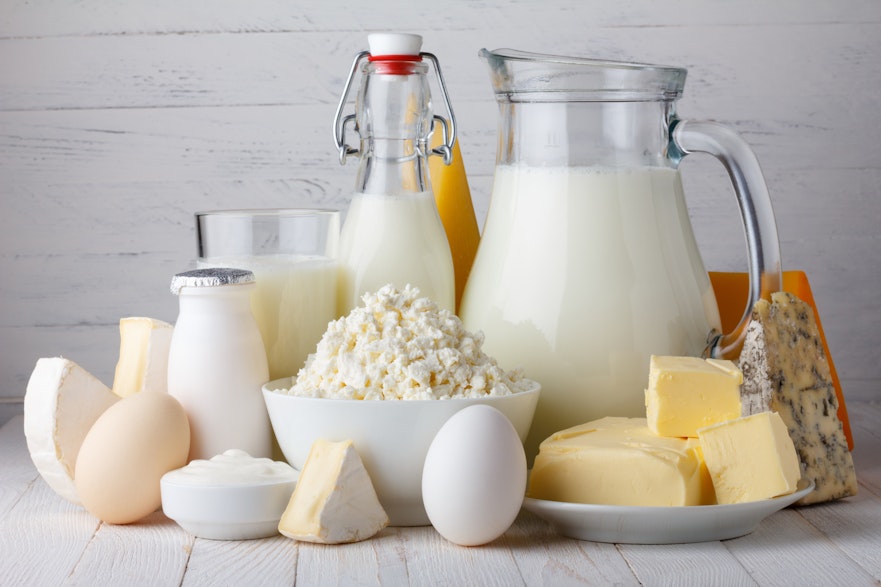
What are dairy products?
Dairy products are food and drinks made from milk that comes from mammals (commonly cows, but also goats and sheep). Dairy products include butter, yoghurt, cream, cheese and milk.
Why are dairy products good for your teeth?
As a group, consuming dairy products encourages the body to produce more saliva. Saliva protects the teeth by washing away bacteria in the mouth.
Milk is famously a great drink for teeth, full of tooth-strengthening calcium and it also lowers the levels of enamel eroding acids in the mouth.
Cheese is also high in calcium, as well as tooth and bone density enhancing phosphate, which helps to preserve tooth enamel by balancing the mouth’s PH levels. Additionally, cheese contains the protein casein, another friend to tooth enamel (it fortifies and strengthens it).
Yoghurt (so long as it is not of the sugary variety) is great for the teeth, and full of probiotics - healthy bacteria that do everything from aiding digestion to protecting against tooth cavities and gum disease. Those who consume probiotics are also less likely to suffer from bad breath.
Allergy alert
Milk is one of the 14 major food allergens. Cheese and yoghurt are both made from milk.
Is drinking water good for your teeth?
Drinking water is very good for your teeth. The body flushes excess sugar out through urine. Drinking plenty of water will speed this process up, and also rehydrate the body afterwards.

Celery, carrots, and other crunchy fruit and vegetables
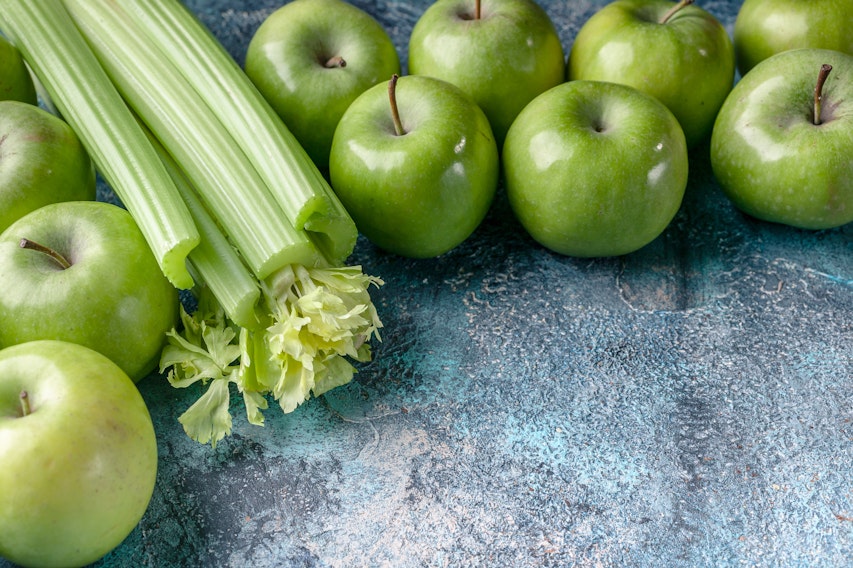
What are crunchy fruit and vegetables?
Crunchy fruit and vegetables come from plants and trees and have a firm, crisp texture. They include celery, carrots, apples, jicama, radishes and pears.
Why are crunchy fruits and vegetables good for your teeth?
Crunchy fruits and vegetables take a lot of chewing, more so than other foods, and contain a lot of water (especially celery). This is great for teeth as it stimulates the production of saliva, which combined with the water flushes the mouth out, taking away many of the bacteria and food particles that contribute to tooth decay. The chewing motion of the mouth also massages gums, instigating protection against gum disease.
Carrots are particularly helpful to oral hygiene, full of keratins (which give them their vibrant colour) and vitamins C and A which attack plaque and strengthen tooth enamel.
Allergen alert
Celery is one of the 14 major food allergens, though much easier to identify in its natural form than as an ingredient in sauces and soups.
Nuts
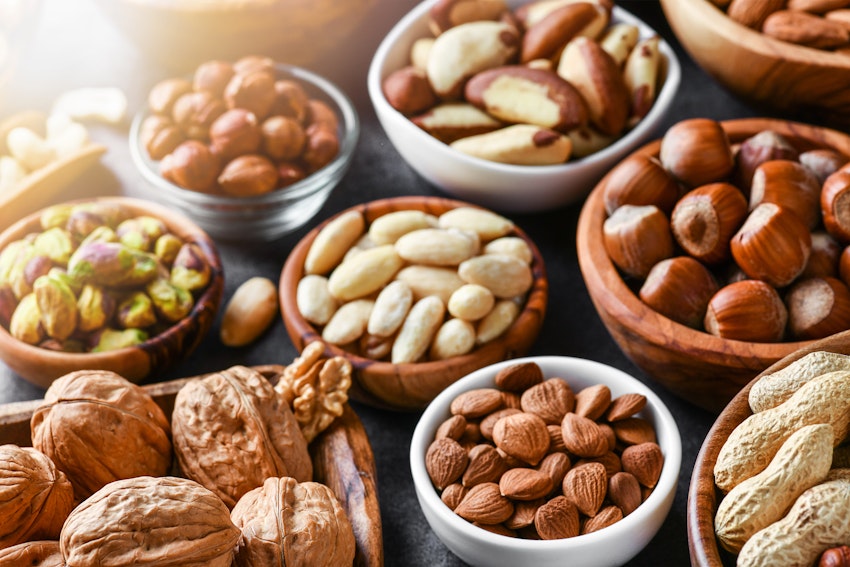
What are nuts?
Nuts are a type of food consisting of a seed inside a hard and inedible shell. Nuts are difficult to categorise, and many foods we think of as nuts are actually drupes or legumes (Peanuts are legumes).
Why are nuts good for your teeth?
Nuts are low in sugar and carbohydrates, which means they don’t stimulate mouth bacteria to attack tooth enamel and cause cavities, and like crunchy vegetables their texture means they require a lot of chewing - boosting production of cavity-fighting saliva.
They’re also bursting with mouth-friendly vitamins and minerals such as calcium, phosphorus, vitamin D, potassium and zinc.
All nuts are an excellent snack when it comes to oral health (so long as they are raw and not coated with salt or flavourings), but some are especially good for teeth - brazil nuts and cashews actually fight the bacteria that leads to tooth decay, almonds contain a high amount of calcium to strengthen teeth and gums, and cashews are especially good for stimulating saliva production.
Allergen alert
Peanuts are one of the 14 major allergens, as are Nuts (Tree Nuts) and their sub-derivatives (Almond Nuts, Hazelnuts, Walnuts, Cashew Nuts, Pecan Nuts, Brazil Nuts and Pistachio Nuts).
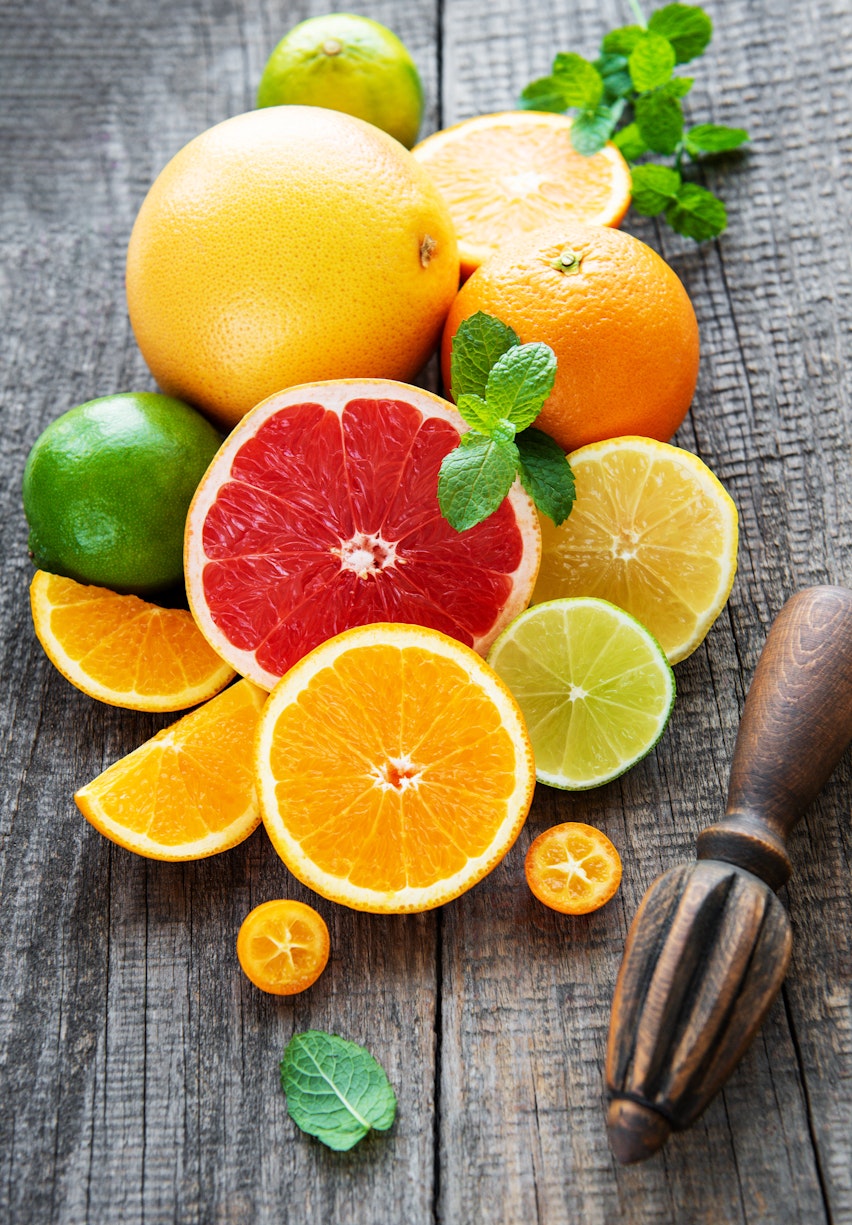
Is all fruit good for your teeth?
It’s not just sugary processed foods that are bad for your teeth - most dentists will also advise their patients to be wary of citrus fruits. Though a rich source of vitamin C, the likes of oranges, lemons, limes and grapefruits are also highly acidic and their juice will gradually erode tooth enamel. Using a straw when consuming drinks such as orange juice and lemonade will help evade this erosion, as will consuming these fruits all in one go rather than over a prolonged period of time.
Strawberries
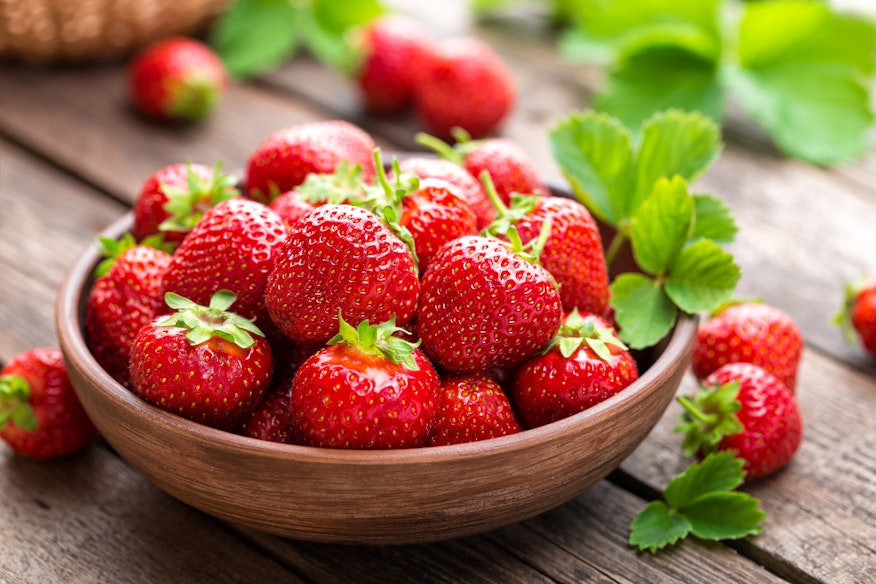
What are strawberries?
Strawberries are a sweet, juicy multiple fruit (consisting of many tiny fruits all embedded in one receptacle), with around 200 seeds per strawberry. The fact their seeds are on the outside means they technically aren’t berries.
Why are strawberries good for your teeth?
The main reason strawberries are good for teeth is because they contain malic acid, which helps prevent teeth from staining - essentially its nature’s tooth whitener. One portion also provides the body with over half the suggested daily intake of vitamin C, and consequently encourages the body to produce collagen, which is very beneficial to gum health.
Another fibrous berry, strawberries are great for teeth and gums. Strawberries are packed
Allergy alert
Strawberries are not one of the 14 major food allergens, but they are considered to be one of the most increasingly common allergens.
Find low-sugar food products with Erudus Query Builder
Use our advanced Erudus Query Builder function to search using a product’s sugar content as a data point, and it will pull up a list of products that meet this criteria, so they can be quickly and easily compiled. It’s a great starting point for creating low-sugar meals or participating in food events such as Sugar Awareness Week.
You may also be interested in…
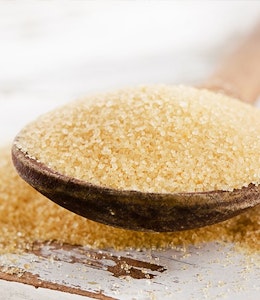
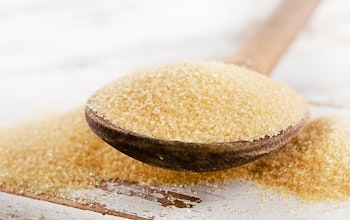
You may also be interested in…
What are the best sugar alternatives?
ReadYou may also be interested in…
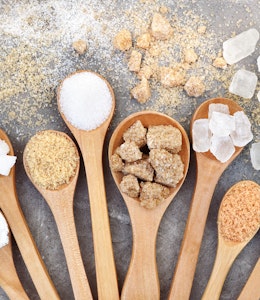
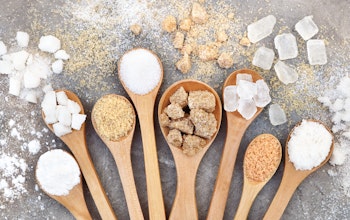
You may also be interested in…
Surprising Foods that Contain Sugar
ReadYou may also be interested in…
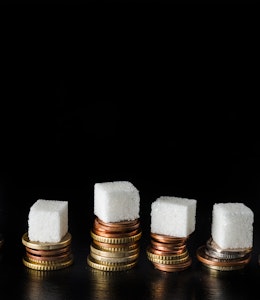
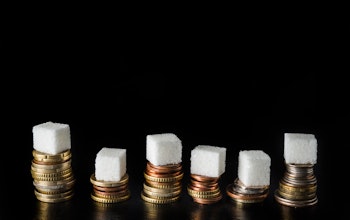
You may also be interested in…
